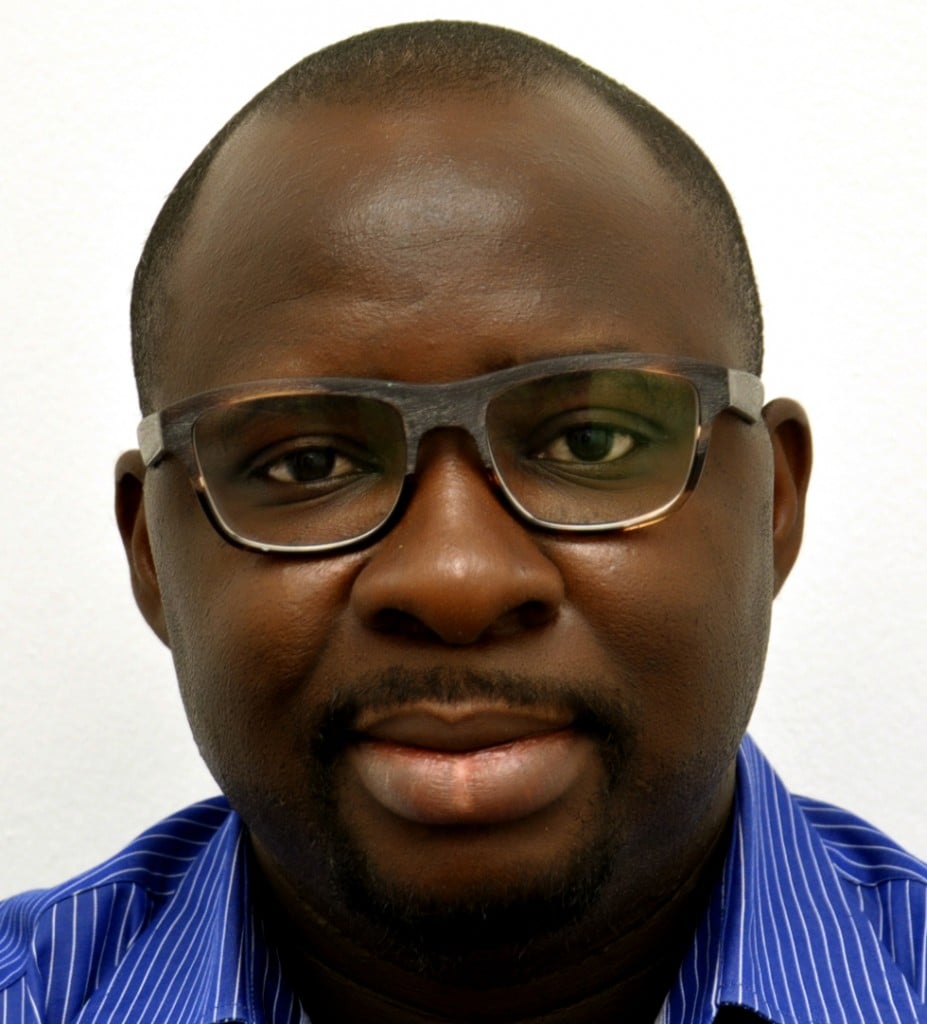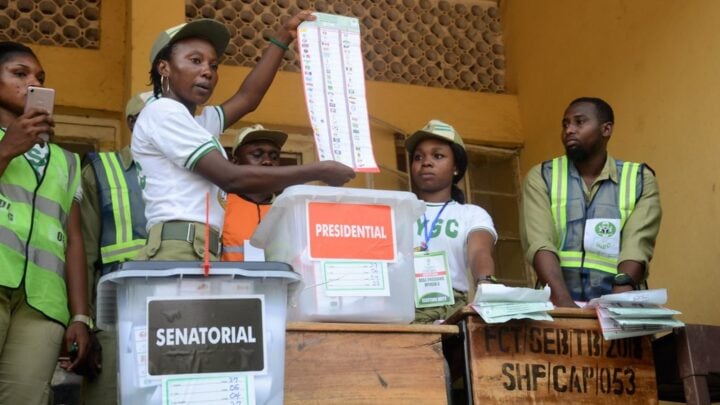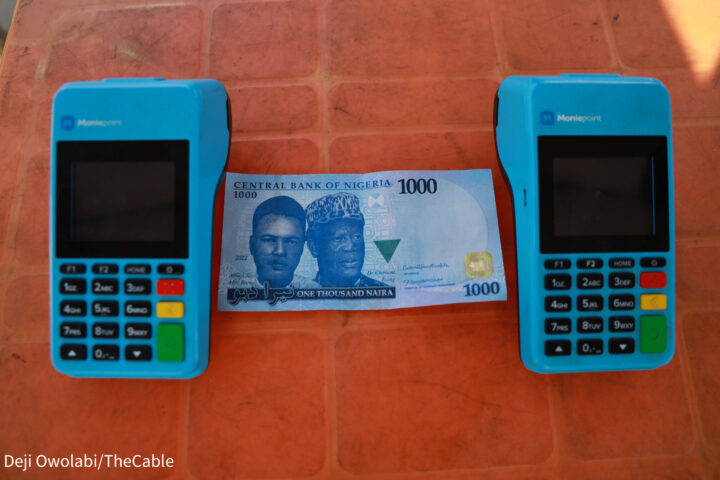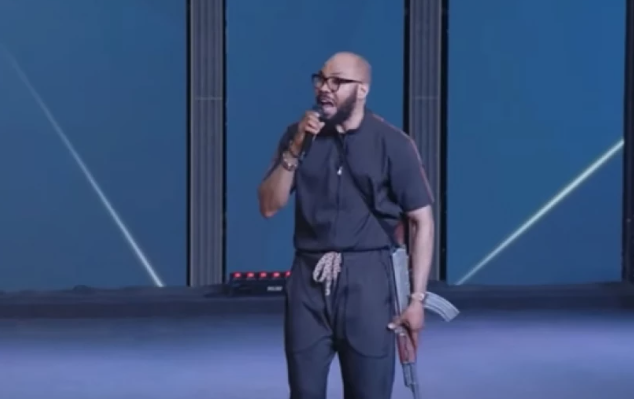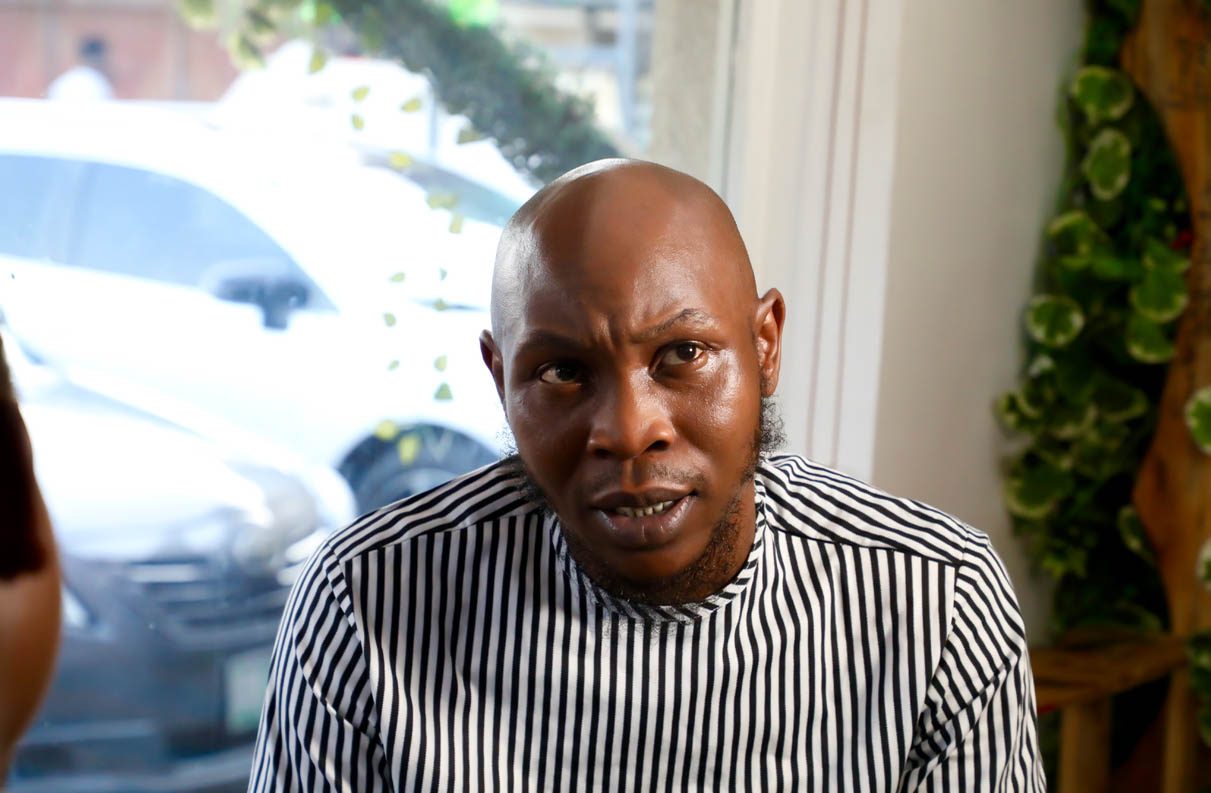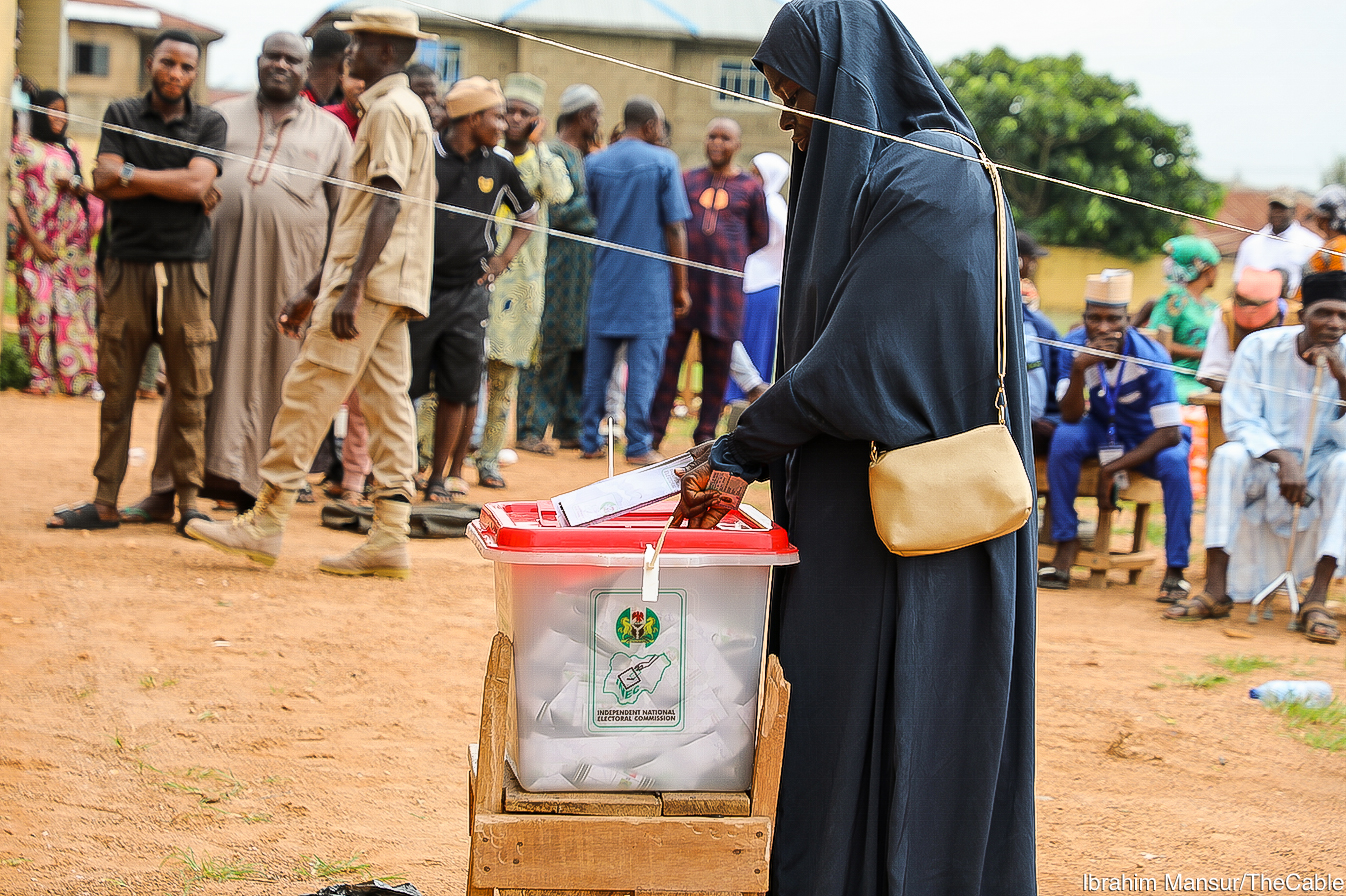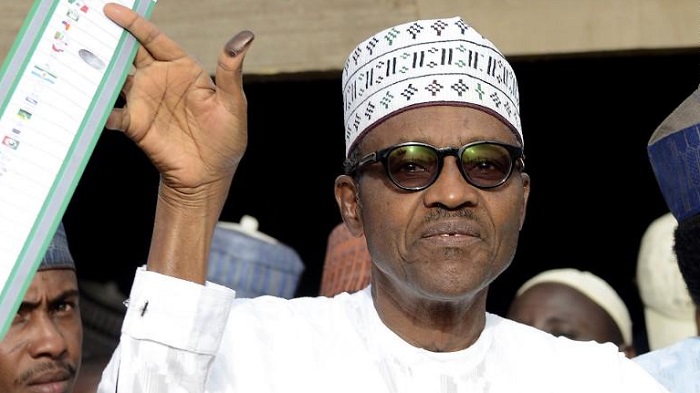Three recent events paint a sobering picture of the climate for the general election happening in Nigeria from February 25. The Supreme Court of Nigeria, in what is fast becoming a culture of notorious disregard for substantive justice, returned the incumbent senate president, Ahmad Lawan, as the candidate of the All Progressive Congress (APC) for Yobe north senatorial district in Yobe state, northeast Nigeria. Lawan ran and lost the presidential primaries in APC. He was not a candidate in the primaries but somehow, the supreme court endorsed the substitution of a validly nominated candidate by the ruling party. This decision was premised on a dubious technicality at variance with the established judicial precedent by the same court which places substantiative justice above technicalities.
What happened in the highest court of the land is an example of what the judiciary has become in Nigeria. In a 2020 poll on public perception of government institutions, the judiciary in Nigeria came out with very poor ratings. More than 80% of Nigerians consider the institution to be very corrupt. The institution is haemorrhaging credibility and does not command the trust of Nigerians.
In another incident, a trending audio recording in Nigeria captured the Baale of Igbara and his cabinet openly threatening residents of Igbara in the Eti-Osa local government area of Lagos state to either vote for their preferred candidate or leave town. This chilling audio reminiscent of the threat of the Oba of Lagos against an ethnic group in 2019 conveys the level of impunity and weaponisation of ethnicity in the 2023 general elections. Similar utterances implicating senior public officials and influential Nigerians have been made public across the country with little or no effort at accountability. There is always the standard response of the police that they will investigate the matter, but nothing ever comes out of the process, especially in instances where the threat favours the party in power.
The third incident is the growing complaint especially in Lagos that Independent National Electoral Commission (INEC) officials are systemically profiling voters on an ethnic and religious basis and refusing to provide voters’ cards to individuals who they believe may have sympathy for opposition candidates. This was followed by the faux pas committed by the INEC Twitter handle where it liked a comment berating the presidential candidate of the Labor Party. INEC has been hard at work trying to distance itself from the Twitter incident but has not yet offered any convincing official response to accusations of willful denial of access to voter’s cards by some of their officials across the country. The perception of INEC’s credibility and impartiality is fundamental in ensuring acceptance of election outcomes.
Advertisement
These incidents are interrelated and have a chilling consequence on the credibility and security of the 2023 elections in Nigeria. Impunity has been a major challenge confronting our elections in Nigeria. Individual accountability rarely happens. Politicians are willing and able to cross the line to illegality to emerge victorious in elections. Violence, bribery, and intimidation have been the tools of choice. They just want to win, no matter the costs. The certificate of return has become the ultimate price politicians seek regardless of how many laws are broken or if lives are endangered in the process. They know that the immunity the certificate confers shields them from both legal, judicial, and political consequences. They very well understand the inadequacies of our accountability regime in Nigeria and the fact that institutions in Nigeria can easily be bent in service of narrow political interests and the protection of contrived electoral victory. Individuals who go on record threatening Nigerians understand this too.
The Nigerian state has no solid record of punishing violence and is notorious for rewarding those who can wield violence. People like the Baale of Igbara land or the INEC resident electoral commissioner in Lagos who questioned why non-indigenes of Lagos should be voting in Lagos enjoy the cloak of protection that weaponised ethnicity and a fractured legal system provide. But these inadequacies are the recipe for disaster and violence. With a compromised judiciary, legal redress becomes a mirage and the resort to self-help becomes the appealing option. The consequences of this in a volatile election year are scary to imagine.
With the obvious weakness in our national accountability framework, individual accountability must be strengthened and supported by global solidarity. This layer of accountability that targets assets and travel privileges of our political class has been one effective tool that has compelled restraint in Nigeria. In 2015, the combined pressure from the International Criminal Court and other influential countries in Africa and the West helped in curtailing the worst instincts of politicians. Like in 2015, we need that global solidarity and a common message by the international community to remind Nigeria of its obligations to its citizens and the numerous international commitments that it has subscribed to. Politicians understanding the potency of international scrutiny have been on a campaign to resist it. Their argument is that Nigeria is a sovereign nation, and no external partner should offer opinions about our elections. Sadly, some of the mediation initiatives being put together in the country are falling for this self-serving nationalistic argument that is only put forward when politicians want to avoid individual accountability.
Advertisement
Questions are being raised on why Nigeria should allow international observers or why anybody should tell Nigeria how to conduct their elections. These questions are absurd. The demand of the international community from Nigeria is for the country to abide by its own constitution and protect the voices of its citizens as expressed through the ballot. This is not evidence of colonial or Western arrogance but a celebrated norm of global solidarity. These same countries are putting in millions of dollars to support the electoral process in Nigeria. We only plead sovereignty when we are called out but not when we collect funds from our international friends.
Mediators in Nigeria and various election missions currently in the country must focus their effort on ensuring individual accountability by those who by their actions or inactions undermine the democratic process and endanger lives. The focus is not on papering over the obvious but on calling out dangerous practices as they see them. Neutrality in the face of evil only strengthens the hands of the perpetrators. Any mediation effort that is neutral to justice and abuse of process is only validating the very same actions that can plunge Nigeria into crisis.
Furthermore, the focus is not on getting Nigerians to behave after the elections but on ensuring that Nigeria delivers a credible election that satisfies the yearnings of Nigerians. The burden of good behaviour should be more on INEC and politicians rather than on hapless Nigerians who have been bearing the burden of electoral brigandage for too long.
Nigeria cannot afford to get it wrong in this election. We must accept that impunity has emboldened rascality in our electoral journey, imperilling accountability and stability. Our local systems have been found wanting in ensuring individual accountability for bad behaviour. This is the time to embrace the solidarity that the international community offers us — a partnership that can provide us with an additional layer of accountability for a political class that has shown disregard for democracy and human lives.
Advertisement
Udo tweets @udoilo and is the Founding Partner of Thoughts and Mace Advisory
Views expressed by contributors are strictly personal and not of TheCable.
Add a comment
